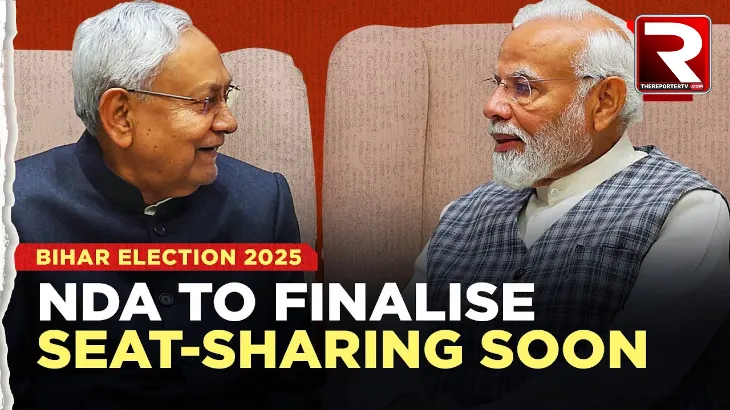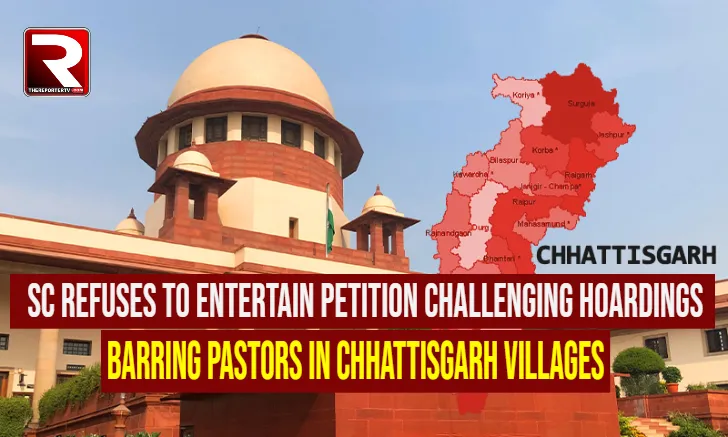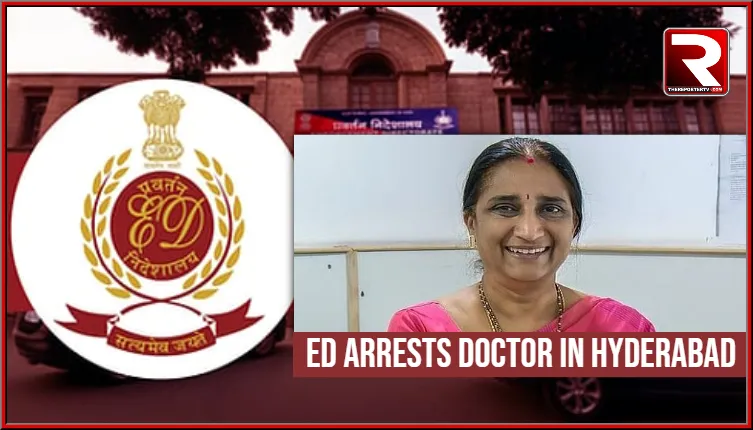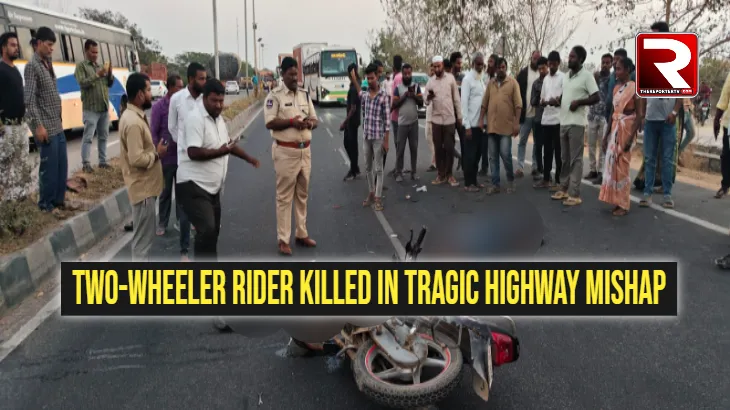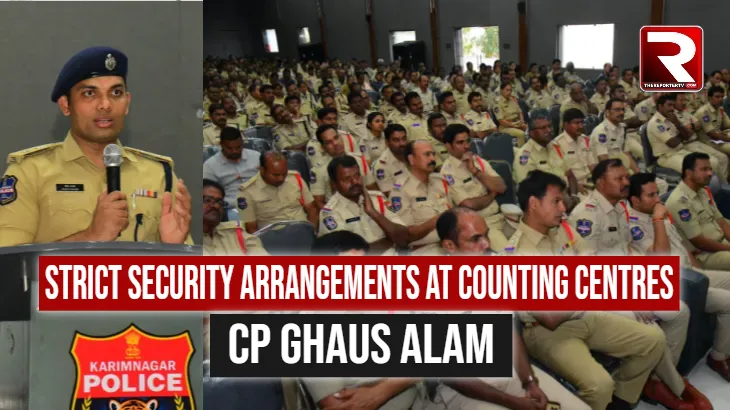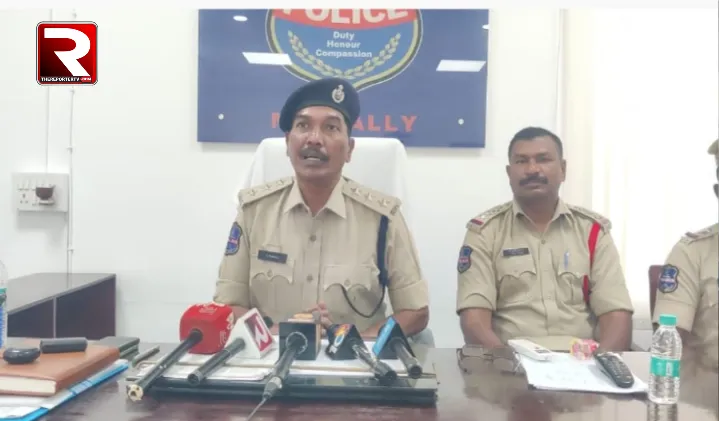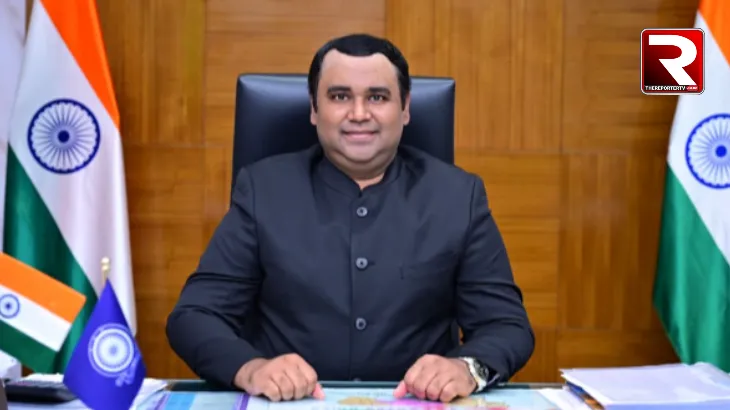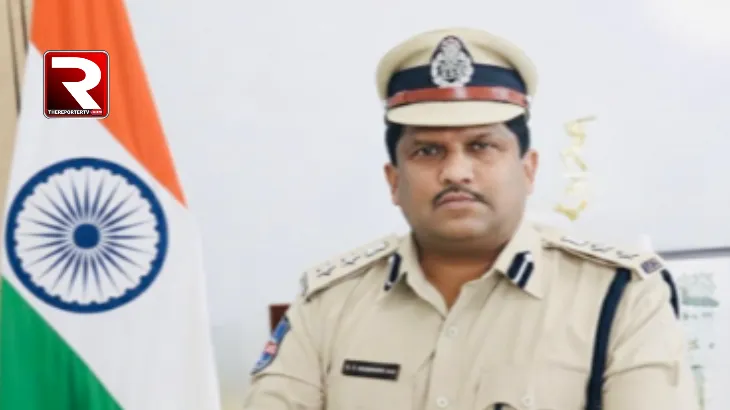Patna, Bihar — As the Bihar Assembly elections draw closer, seat-sharing talks within the National Democratic Alliance (NDA) remain uncertain, primarily due to internal discord within its largest partner, the Bharatiya Janata Party (BJP). The party is reportedly focusing on resolving ongoing frictions within its state leadership and addressing mounting anti-incumbency sentiments before committing to alliance negotiations.
Earlier this week, Union Home Minister Amit Shah chaired a marathon meeting in Delhi with senior leaders from the Bihar BJP. The discussions largely revolved around internal party issues and how to navigate voter disillusionment, which has been growing ahead of the crucial elections. Shah’s directions were clear: end infighting within the party ranks and focus on restoring voter trust.
A BJP leader privy to the discussions revealed that while the party had witnessed disputes among state leaders in the past, the situation was exacerbated in recent years, particularly after the demise of former Deputy Chief Minister Sushil Kumar Modi, whose voice had once united the party during elections. “Today, top leaders in the state unit are running the party as per their own desires,” the leader said, acknowledging the significant leadership rift within the party.
Anti-Incumbency and Seat Adjustments
Anti-incumbency sentiment has been another focal point. With the BJP holding 80 out of the 243 Assembly seats in Bihar, the party is expected to swap some seats with its allies in the upcoming polls. There are also indications that certain incumbent legislators may not receive tickets for re-election.
Shah, according to sources, has instructed BJP leaders, including Bihar unit president Dilip Kumar Jaiswal, to present a united front. “Unity among the party and the alliance must be visible to the workers, supporters, and voters,” said an insider.
The BJP’s alliance partners in Bihar — Nitish Kumar’s Janata Dal United (JDU), Chirag Paswan’s Lok Janshakti Party (Ram Vilas) [LJP(R)], and the Hindustani Awam Morcha Secular (HAMS) — are all awaiting clarity on seat-sharing. However, seat-sharing discussions are not expected to begin until after September 15 and may be further delayed until after Durga Puja, which begins on September 22, as the alliance awaits an “auspicious period” to finalize their agreements.
Election Strategy Focuses on Booth-Level Engagement
Despite the uncertainties around seat distribution, the BJP is gearing up for the elections with a robust organizational strategy. In a bid to strengthen its presence, the party has outlined an extensive plan to engage with voters at the grassroots level. According to BJP spokesperson and former MLA Prem Ranjan Patel, teams of party workers from six different states, including Chhattisgarh, Jharkhand, Gujarat, Telangana, Maharashtra, and Manipur, will be stationed in Bihar to supervise campaign activities.
“Women’s teams from several states will also arrive on September 10 to interact with female voters. Our aim is to ensure that the party’s message reaches every voter in Bihar,” Patel said. He added that each of the 243 Assembly constituencies would have an appointed in-charge, and “vistarak” (full-time campaigners) would engage with local party workers on a daily basis.
Patel emphasized that the focus would be on strengthening the party’s presence in weaker areas and localities where outreach has been historically minimal.
JDU Confident in Seat-Sharing Arrangements
In contrast, the JDU remains unfazed by the delay in seat-sharing talks. Party leaders are confident that the JDU will contest an equal number of seats to the BJP, using the 2024 Lok Sabha poll results as a reference point. The BJP and JDU had previously contested 17 and 16 Lok Sabha seats, respectively, with both parties securing 12 wins each. The LJP(R) and HAMS won five and one seats, respectively.
“Seat-sharing talks are expected to start after September 15, but could stretch to Durga Puja,” a senior JDU leader noted. “There are no issues between the allies. Even Chirag Paswan and his LJP(R) will support the alliance wholeheartedly.”
The JDU was relegated to third place in the 2020 Bihar Assembly elections, securing only 43 seats (now 45). This was partly due to electoral strategies employed by Chirag Paswan’s LJP, which fielded candidates with the aim of cutting Nitish Kumar’s influence within the alliance. However, JDU leaders remain optimistic about the party’s prospects and alliance solidarity.
JDU’s Public Outreach Campaign
As part of its election preparations, the JDU has begun a public outreach campaign to highlight Chief Minister Nitish Kumar’s achievements in the state. Among the initiatives showcased is the recent hike in social security pensions from Rs 400 to Rs 1100 per month, as well as 125 units of free electricity for households. Additionally, the party has implemented salary hikes for mid-day meal cooks, Anganwadi workers, and ASHA workers, alongside increased stipends for physical training instructors and night guards at schools.
A new domicile policy for women in government jobs has also been introduced, along with a scheme offering up to Rs 2.10 lakh for women to start small businesses.
“We are taking this election very seriously. The party will continue its outreach with an emphasis on local and community-based engagements to highlight the work done by our government,” said JDU MLC Anamika Singh.
With the election season just around the corner, the NDA’s ability to resolve internal conflicts and present a unified front will play a crucial role in its success. As the clock ticks toward the assembly elections, all eyes are now on the seat-sharing arrangements and how the alliance partners will manage the complex dynamics within the NDA.


